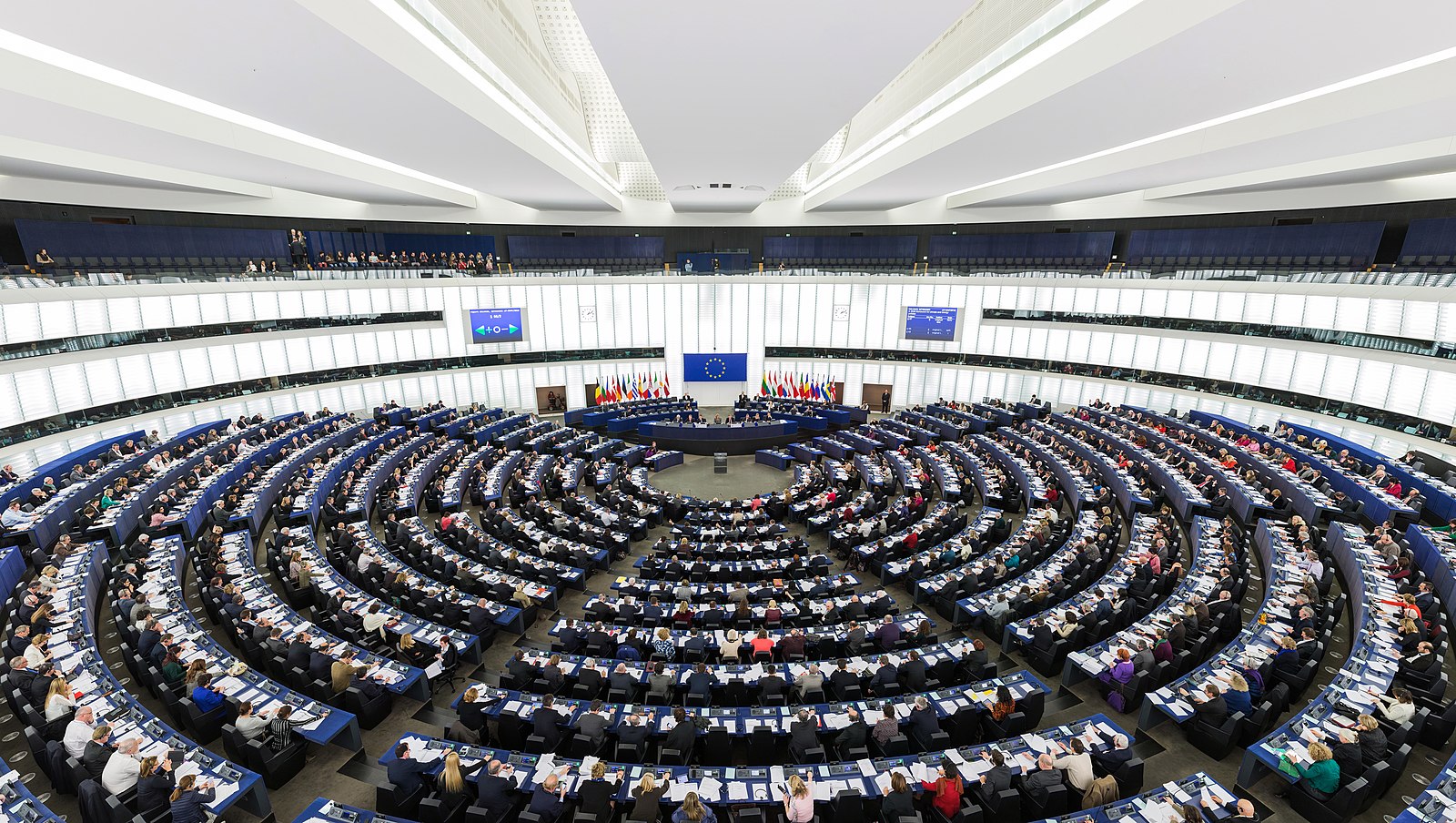Original article (in Albanian) was published on 7/6/2024; Author: Barbara Halla
Misinterpretation surrounding the likelihood of increased far-right votes
Claim: This year’s elections pose a risk of dissolving the European Parliament
Verdict: Missing context
From June 6 to 9 this year, elections for the European Parliament, the legislative body of the European Union, will take place. Citizens from all member countries will vote for local parties and candidates, who are part of specific coalitions within the parliament. Disinformation against the EU and the parliament itself has been a major issue during the pre-election period.
One of these narratives, specifically that these elections could result in the dissolution of the Parliament, has recently spread in Albanian media. In these posts and articles, the issue of Euroscepticism has been taken out of context to promote various theories about the end of the European Union or even the outbreak of World War III.
First, the article’s title is completely unrelated to its content. It does not mention any need for reform or the fear that the parliament might dissolve. The article begins with a description of the political groups in the European Parliament, but this description is not impartial. It includes various labels from the commentator, revealing the article’s own prejudices. For instance, the center-right EPP group (European People’s Party), to which Ursula von der Leyen, the President of the European Commission, belongs, is called a ‘vassal of the USA’ because of its pro-Ukraine and NATO position.
Other groups, especially those considered left-leaning, are described using strong language, categorizing their progressive policies on social issues as globalist or as aiming to destroy the family. These views are typical of Russian propaganda against the EU, which portrays pro-European Union and expansion policies, as well as various environmental or LGBT+ community policies, as dangerous.
The article also endorses far-right parties that oppose the European Union, immigration, and EU expansion, and believe the EU should not be involved in Ukraine. From this perspective, it argues that these elections will reveal the European people’s dissatisfaction with the EU’s alignment with US policies and decisions that have increased immigration to Europe. This view overlooks the fact that most EU countries, like the US, are part of NATO and therefore have similar, though not always identical, policies. Additionally, in recent years, the European Union’s policies have generally been much stricter regarding refugees and migration, even though individual member states have adopted different policies for their own borders.
According to an official statement from the European Union, these narratives portraying far-right parties as the only alternative to the dissolution of the Parliament or Europe itself are labeled as ‘a Kremlin-backed disinformation campaign aimed at eroding citizens’ trust in European institutions, with the goal of influencing the upcoming EU elections and accusing the European Union of fabricating or exaggerating Russian interference for political purposes.’
Moreover, a recent survey indicates that nearly three-quarters of citizens (73%) acknowledge that the EU’s actions have an impact on their daily lives. Additionally, the overwhelming majority of Europeans agree that their country generally benefits from EU membership (71%). These findings represent the most positive sentiment towards EU membership in recent decades.



